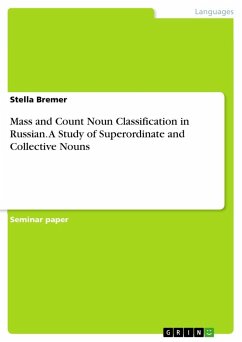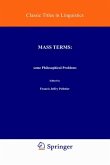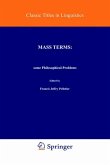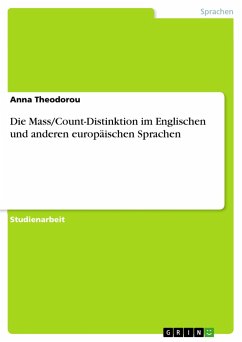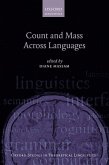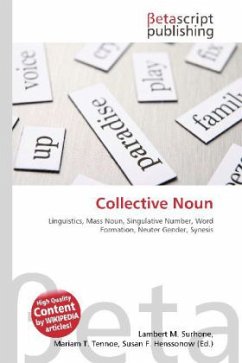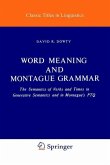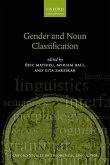Seminar paper from the year 2018 in the subject Russian / Slavic Languages, grade: 2,0, Ruhr-University of Bochum (BA Linguistics), course: Plurality, language: English, abstract: Mass and count nouns show a clear difference in their properties and morphosyntactic behavior. However, there are still nouns that behave slightly differently, making it difficult to assign them to the group of mass or alternatively count nouns. Such nouns are superordinate nouns like 'furniture' and 'footwear'. Taking a look at the group of collective nouns in Russian, this paper applies the issue of mass and count properties as well as nouns being difficult to classify to this group. The analysis shows that within the group of Russian collective nouns, there is also a difference in the behavior of some nouns. These nouns are then categorized into the tentative subgroups 'countable collective nouns' and 'superordinate collective nouns' and the paper proposes a possible explanation for their behavior.

